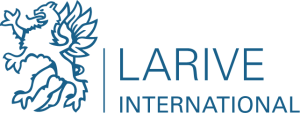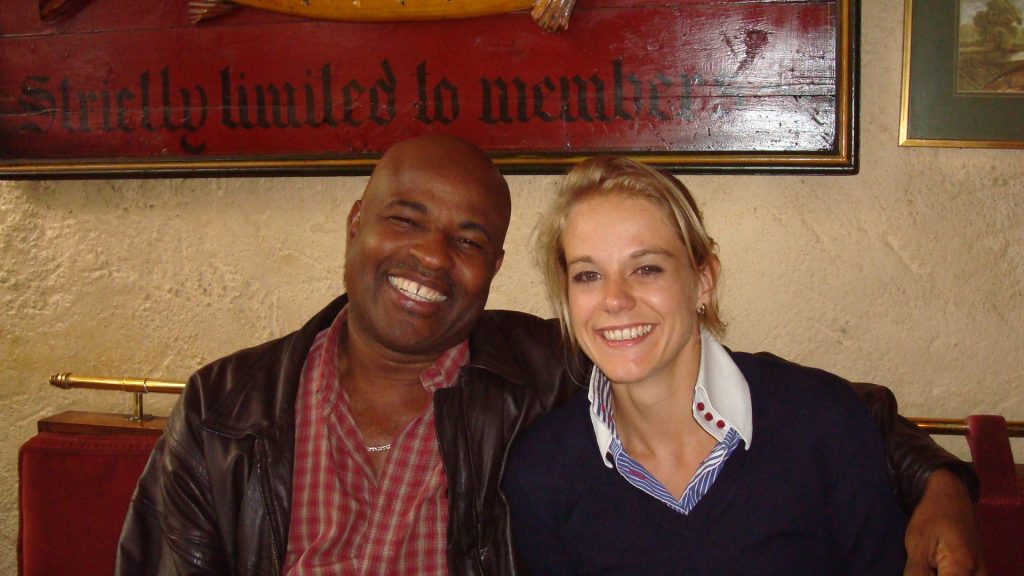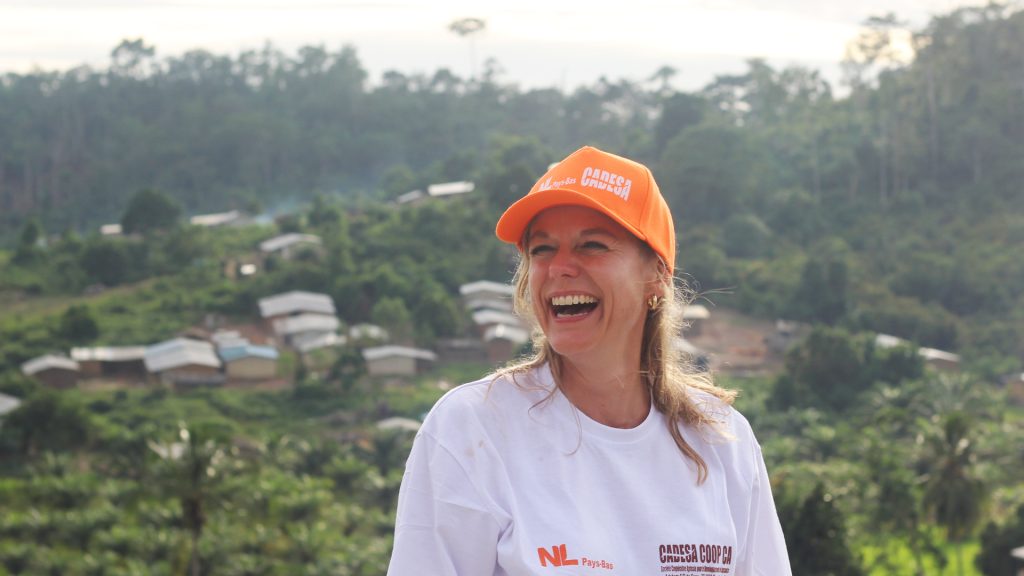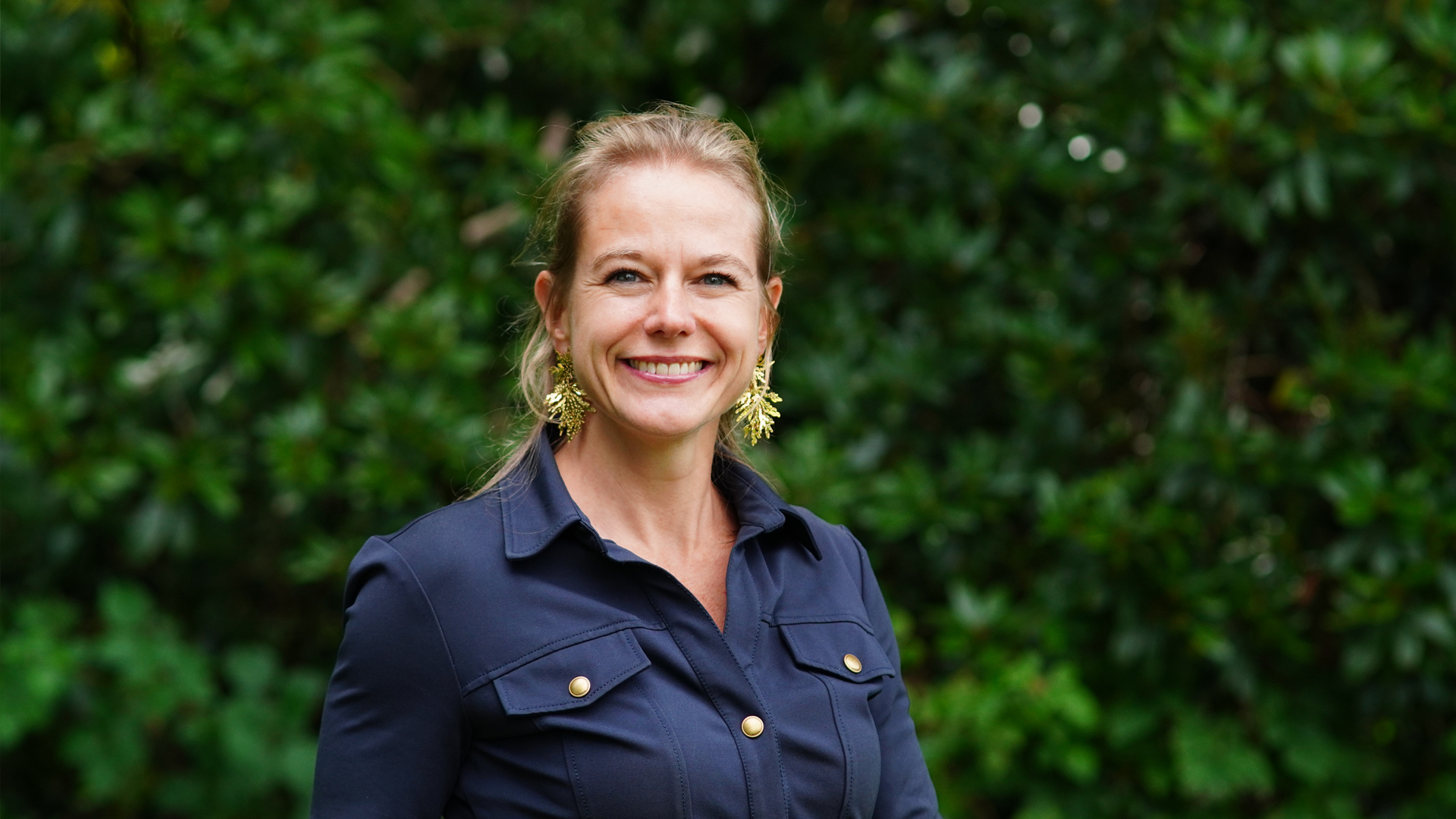Stepping into the offices of Larive International today, it’s easy to overlook how daunting international expansion once was. Celebrating its 50th anniversary this year, the Dutch-based firm now confidently operates in over 25 emerging markets. Yet, as Davinia Lamme vividly recalls, the path to entering Africa was once far from straightforward.
Expanding horizons
When Davinia joined Larive in September 2008, the firm’s reputation was already strong in Asia and Eastern Europe. Africa, however, remained largely unexplored. She remembers it vividly: “Our focus was Asia-centric, heavily weighted towards China. Eastern Europe had its buzz as well, but Africa was a blank canvas. Nobody in our network had truly ventured into that continent.”
Her timing was auspicious. As she settled into her role, a pioneering project emerged: a Ugandan entrepreneur sought to modernise his bakery, Hot Loaf Bakery. With Larive’s expertise in market entry strategies, Davinia and her colleague, Wouter, now also a partner at Larive, stepped forward. The venture not only promised fresh-baked bread but also a fresh approach to business development on a continent that was quickly gaining attention.
Davinia explains, “We quickly realised the enormous potential. Uganda, famously called ‘the Pearl of Africa,’ was a revelation. Beyond its breathtaking beauty, we saw a vibrant entrepreneurial spirit and enormous unmet demand, particularly in the agri-food sector.”
Public-private approach
The project was backed by Dutch government support, a subsidy instrument that has since evolved into the DHI programme. This mechanism was crucial in de-risking the initial investment and providing room for exploration.
Larive partnered with the Dutch manufacturer BVT Bakery Services (now Verhoeven Family of Companies), experts in industrial bakery equipment. Neither had set foot in Africa before, but both sensed the possibilities. This cautious yet daring entry defined Larive’s initial footprint in Africa, laying foundations that still stand firm today.
Establishing credibility was crucial, as Davinia reflects: “Africa is all about relationships. Business here is not just transactional, it’s deeply personal. Trust and genuine partnership matter. Our bakery partner in Uganda, satisfied with our service, introduced us to a Kenyan entrepreneur interested in aquaculture. That one introduction was transformative.”
Building a network
The Kenyan introduction led to one of Larive’s landmark projects, FoodTechAfrica, a public-private partnership aimed at modernising East Africa’s aquaculture sector. Launched in 2011 and formalised through the Dutch government’s FDOV programme, FoodTechAfrica demonstrated Larive’s unique ability to dovetail public policy goals with corporate strategy.
A strategic alliance was forged with Winnie Ouko’s Lattice Consulting, initially identified through meticulous screening of potential partners. “We knew we couldn’t afford to make mistakes in our choice of local partner. Winnie and Lattice stood out as ambitious and highly competent, deeply rooted yet internationally savvy,” says Davinia. By 2013, Lattice officially became the Larive Group’s representative in Kenya.
Davinia underscores the enormous changes since Larive’s initial foray into Africa. “Back in 2009, Africa was largely misunderstood internationally, too often portrayed through images of poverty. Today, there’s recognition of the continent’s entrepreneurial energy and economic promise,” she says.
World Bank data supports this optimistic outlook. Kenya’s GDP surged from $66.1 billion in 2010 to approximately $116 billion today. Uganda, similarly, saw its GDP grow from $42.2 billion to roughly $55 billion. “The region has transformed into a hub for innovation and investment, attracting multinational corporations keen on tapping into a youthful, dynamic consumer base,” Davinia observes.
Reflecting on Larive’s internal values, ownership, partnership, and hands-on commitment, Davinia sees them as integral to the firm’s success in Africa. “We’re not passive observers. We roll up our sleeves and work alongside our partners,” she says. “When mistakes happen, and they inevitably do, we take them in stride, learn, and adapt. A culturally insensitive approach, even unintentionally, can cost trust. Early on, we learned to listen, respect, and never assume.”
Public-private partnerships (PPP) have played a pivotal role, enabling Larive to facilitate projects that deliver both commercial success and sustainable impact. Davinia highlights CocoaTechD’Ivoire as a prime example. Initiated by Davinia herself, this project aims to empower cocoa farmers in Côte d’Ivoire by establishing a cooperative-managed cocoa processing factory. “It’s unacceptable that farmers see so little benefit from chocolate sales. CocoaTechD’Ivoire addresses this imbalance by promoting ownership and value creation locally,” she passionately explains.
Looking back | Looking ahead
Looking ahead, Davinia envisions Larive playing a significant role in Africa’s sustainable development over the next decade, particularly within the agri-food sector. “Africa is no longer just a strategic opportunity, it is a critical part of our global vision,” she says. “With sustainability and local empowerment at its core, Larive aims to drive genuine systemic change.”
Asked what advice she would offer her younger self starting this journey, Davinia laughs warmly: “Explore. The world is richer and more varied than you can imagine. Dive in, embrace the unknown, and don’t fear mistakes, there’s always a better way to do things.”
Fifty years since its founding, Larive International continues to transform uncertainty into opportunities, a vision expertly articulated by Davinia and lived every day through projects spanning from bustling bakeries in Uganda to thriving fish farms in Kenya. Africa, once uncharted territory, now stands at the heart of Larive’s continued story of innovation, resilience, and growth.




